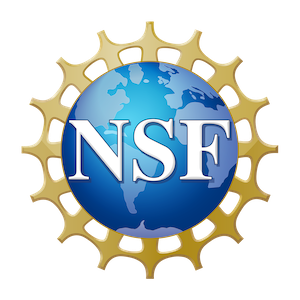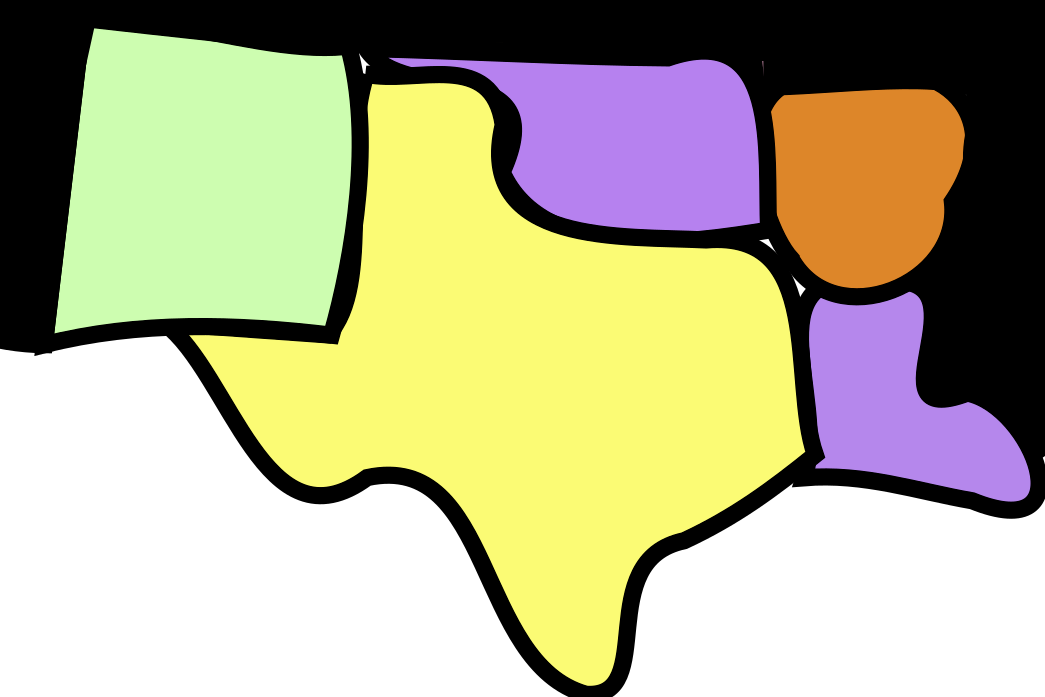February 11 - 12, 2023
Texas State University
San Marcos, Texas
Speakers
- Prasit Bhattacharya, New Mexico State University
- Kalina Mincheva, Tulane University
- Peter Patzt, University of Oklahoma
- Maru Sarazola, Johns Hopkins University
- Shira Tanny, Institute for Advanced Study
- Melissa Zhang, UC Davis
Inclusiveness statement: Regardless of race, sex, religion, national origin, sexual orientation, gender identity, disability, age, pregnancy, immigration status, or any other aspect of identity, we are committed to ensuring that the SCTC is a supportive, inclusive, and safe environment for all participants, and that all participants are treated with dignity and respect.
Funding: We have secured funding for transportation and lodging of participants, especially students and junior mathematicians. Please indicate any requests for funding when you register (see below). Please note, however, that the deadline for requesting funding was January 6th, 2023, and most of our funding decisions have been made.
Registration: Registration has closed for SCTC II.
Goals: This regional topology conference is tailored to accomplish the following goals: (i) Develop a community of collaborators of varied interests in topology in the region, (ii) Disseminate current research directions in topology in the South Central region and beyond, and (iii) Continue to create the foundations for a vibrant future for topology in the region. Our hope is that this conference will continue to foster collaboration and community among topologists from a broad coalition of research areas; as such, we are encouraging all speakers to give a colloquium-style talk.
Testimonials: (Some feedback we received from a past survey.)
- Eleven out of ten, beyond expectations.
- As a grad student that started during covid, I wasn’t able to meet people in my field until SCTC. Now I finally feel like I am a part of a research community.
- I got to meet some graduate students and if I saw them again at another conference, I would feel like I have someone to go to lunch with.
- I met many people from very diverse fields. It forced me to leave my mathematical bubble which was rewarding and refreshing.
- I got the sense that it was particularly valuable for the local grad students to have an event where they could ask questions of established people and generally socialize with people outside their own department. (They certainly expressed a lot of enthusiasm for it.)
- Great job to build up an environment that is easy for people to communicate and make connections.
- I presented my research work in a Rodeo talk. Unexpectedly, many participants seem to be interested in my work. I found myself getting more motivation to do future research in this direction.
- I did not give a rodeo talk, but they were nevertheless an especially attractive feature of the conference to me. It’s always nice getting to hear about what other graduate students are thinking about.

